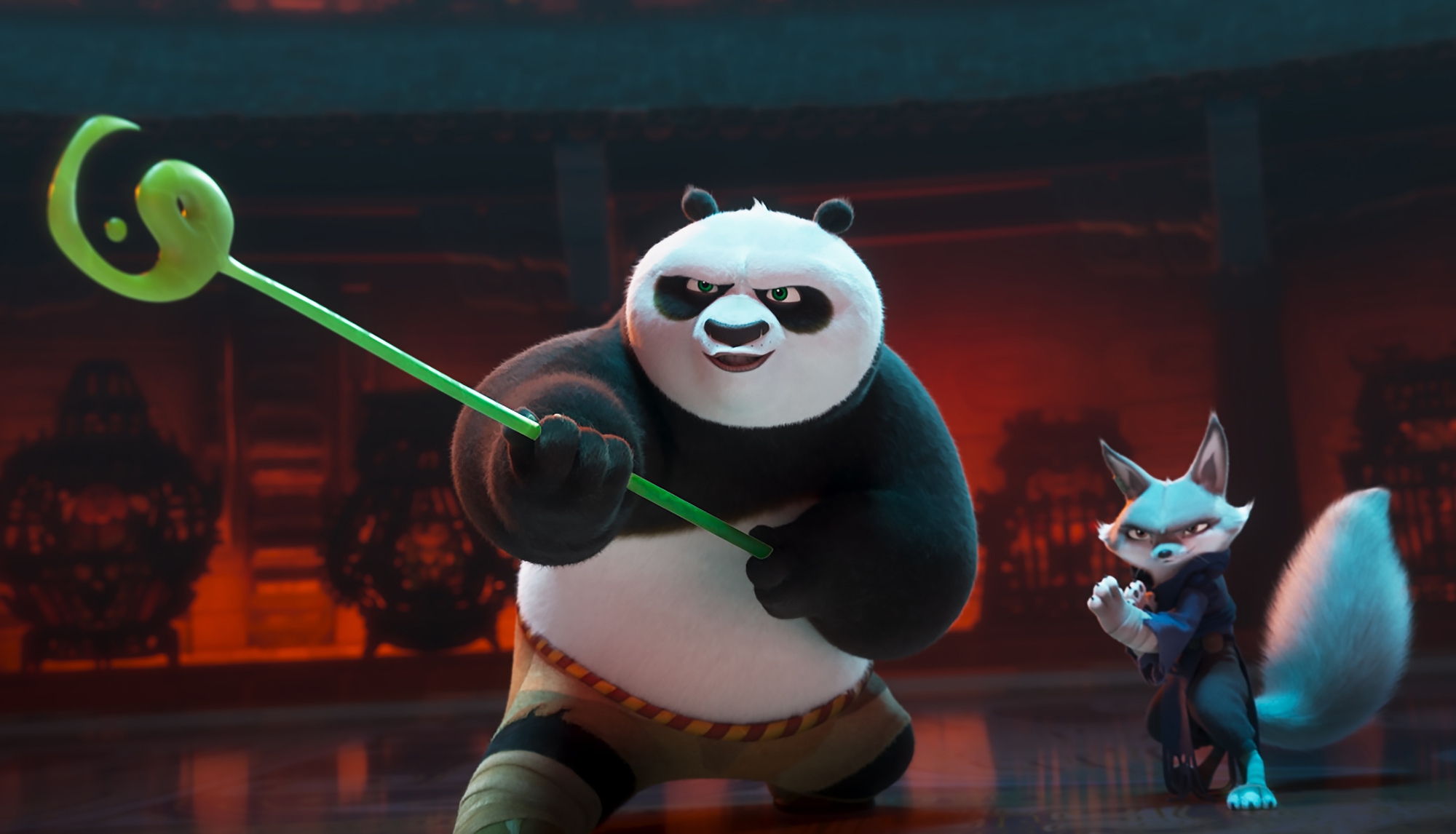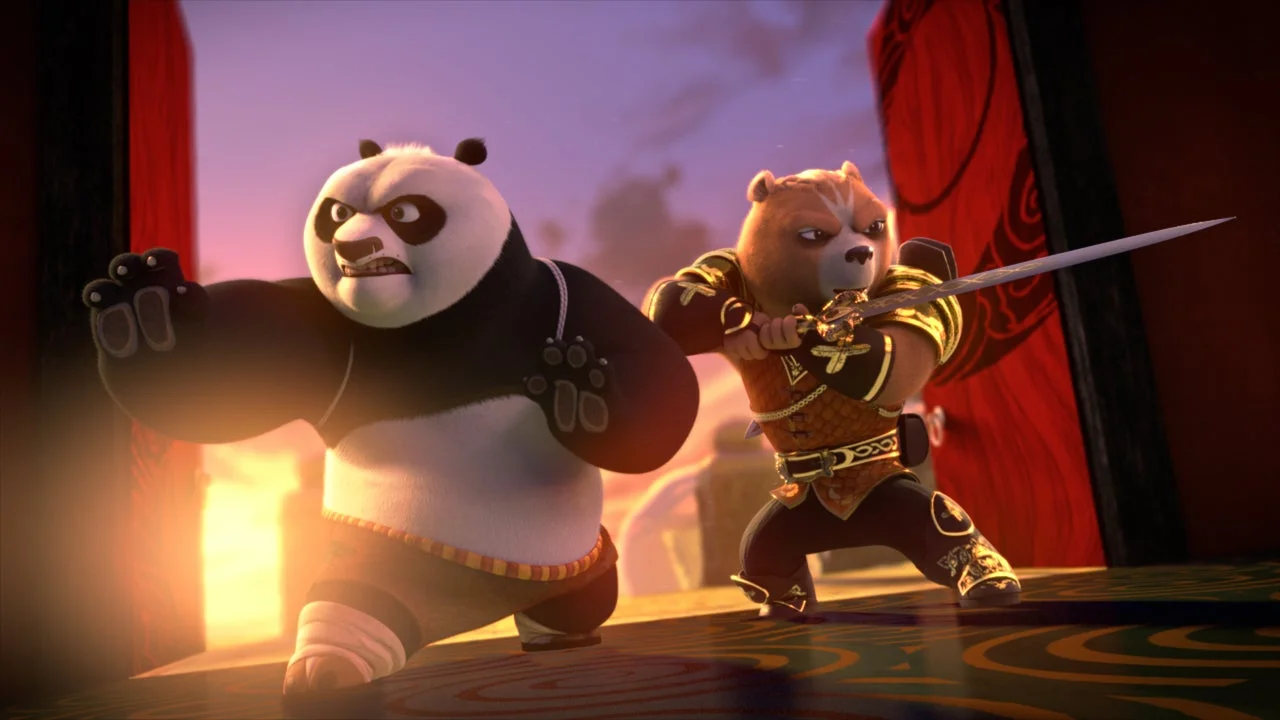Kung Fu Panda (2008): A Tale of Destiny, Dumplings, and Inner Strength
Released in 2008 by DreamWorks Animation, Kung Fu Panda is a visually stunning and emotionally uplifting animated film that blends martial arts action, heartfelt storytelling, and comedy into a universally loved cinematic experience. Directed by Mark Osborne and John Stevenson, the film tells the story of an unlikely hero: a clumsy, noodle-loving panda named Po, who becomes the legendary Dragon Warrior. More than just a children's film, Kung Fu Panda is a story about self-discovery, perseverance, and embracing who you are.
Set in a fantastical version of ancient China inhabited by anthropomorphic animals, the film begins with Po, voiced by Jack Black, working in his father's noodle shop while daydreaming about kung fu greatness. Po idolizes the Furious Five—Tigress, Monkey, Viper, Mantis, and Crane—who are trained by the wise and strict Master Shifu (voiced by Dustin Hoffman). When the ancient turtle master, Oogway, has a vision that the feared warrior Tai Lung will escape from prison and wreak havoc, a tournament is held to determine the Dragon Warrior, the one destined to defeat him. In an unexpected twist of fate, Po is chosen, much to the dismay of everyone—including himself.

At first, Po struggles. He is overweight, inexperienced, and seemingly out of place among elite warriors. However, the film brilliantly transforms his flaws into strengths. Through his persistence, humor, and unique approach, Po begins to train under Master Shifu, who reluctantly learns that Po’s strength lies not in physical ability, but in his heart and individuality. The relationship between Po and Shifu forms a central emotional arc, as both characters must confront their expectations and accept change.
The antagonist, Tai Lung (voiced by Ian McShane), is a powerful snow leopard with a tragic backstory. Once Shifu’s prized student, Tai Lung became consumed by pride and entitlement, believing he was destined to be the Dragon Warrior. His return brings real danger, and the battle between him and Po becomes not just a physical confrontation, but a symbolic one about what true greatness means.

Visually, Kung Fu Panda is breathtaking. The animation captures the elegance of martial arts choreography, the beauty of Chinese landscapes, and the expressive faces of the characters. Action sequences are fast, fluid, and exciting, inspired by classic kung fu cinema but made accessible to all ages. The soundtrack, composed by Hans Zimmer and John Powell, adds emotional depth and energetic rhythm to the story.
What makes Kung Fu Panda resonate so deeply is its core message: that greatness comes from within. Po doesn’t change who he is to become a hero—he learns to believe in himself. The “secret ingredient” is that there is no secret. This message, wrapped in humor, action, and heart, makes the film both entertaining and meaningful.
In conclusion, Kung Fu Panda is more than an animated comedy—it’s a powerful story of personal growth, self-worth, and the idea that heroes can come from the most unexpected places. Its enduring appeal has led to successful sequels, spin-offs, and a place in the hearts of audiences around the world.



